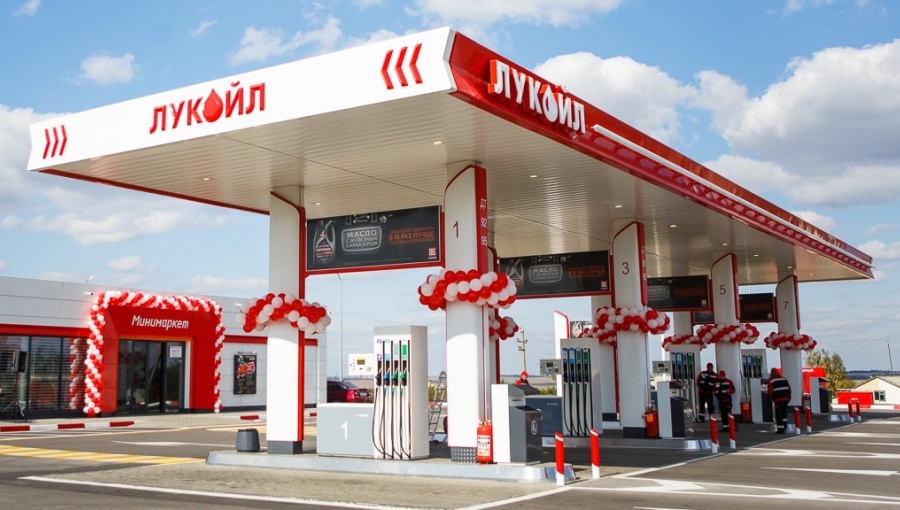
More Qatar residents saw their salaries stay the same in 2015 compared to the year before, thanks in part to plunging global oil prices, according to a new report.
Some 46 percent of people surveyed in Qatar said they did not get a pay rise during 2015, compared to 38 percent in 2014, according to the Bayt.com Middle East and North Africa Salary Survey 2016.
For those who did see hikes, Qatar’s rising cost of living still outstripped any bump they received, the survey said.
The results come as new government figures show that the cost of living has risen 3.1 percent during the first quarter of 2016, compared to the same period last year.

This was primarily driven by substantial hikes in the costs of residential rental (up 5.6 percent); school fees (up 7.1 percent); and recreation and cultural events (up 8.9 percent), the Ministry of Development, Planning and Statistics (MDPS) said.
The government organization tracks the costs of a typical “basket of goods and services” in the country from month to month. Prices went up in seven separate categories, comparing Q1 this year to Q12015, it found.
The largest spending category for households is now housing/water/electricity and gas costs, which MDPS weighs at around 21.9 percent (changed in January 2015 from its previous weight of 32.9 percent).
This means that even moderate increases in residential rents can have a significant impact on the money left in residents’ pockets at the end of the month.
However, this may be starting to change. Earlier this month, the average cost of renting a home here dropped for the first time since 2013 amid a declining demand in housing, MDPS figures showed.
Static pay
The Bayt survey quizzed 8,158 residents in 13 different countries in the Middle East during the first two weeks of April about their salaries and expectations for the coming year.
Some 40 percent of Qatar respondents said they had “low” satisfaction with their current salary, while just over half (54 percent) said they were moderately satisfied.
This compares to half of those in Bahrain and 47 percent of employees in the UAE who had reported low satisfaction.
Nearly half of Qatar workers said they also got no pay increase, but one-fifth said they received a moderate rise (between 1 and 5 percent). Some 45 percent said they were somewhat or very unhappy with their raise.

For many who were lucky enough to get a raise last year, it was still below the increasing living costs here.
Nearly half of Qatar workers said their salary fell short of rising living costs, though this is lower than what people in other Gulf countries such as Kuwait (56 percent) and Saudi Arabia (59 percent) said.

For a fifth of Qatar workers, their raises at least matched the cost of living.
Despite an apparently slow year during 2015, some residents remain optimistic that this year will be more lucrative, with more than half (52 percent) of respondents hoping for a pay rise of some kind during 2016.
The survey asked residents to highlight the spending category that increased the most during last year. In line with Qatar government statistics, rent costs were flagged up by nearly three-quarters (73 percent) of respondents.
This was followed by:
- Food and drink costs (63 percent);
- Utilities (52 percent);
- Education (37 percent); and
- Entertainment (32 percent).
Savings
Despite price hikes and stagnant salaries, the vast majority of Qatar residents said they still managed to save money each month.
Only 16 percent said they put away nothing at all, while 9 percent said they managed to save between half and three-quarters of their earnings.
Of these savings, only 19 percent of people in Qatar said they made monthly financial investments,
Asked about the most lucrative sectors, half (50 percent) of Qatar respondents cited the oil, gas and petrochemical industry followed by banking and finance (31 percent) and government/civil service (24 percent).
Do you expect a pay rise this year? Thoughts?







